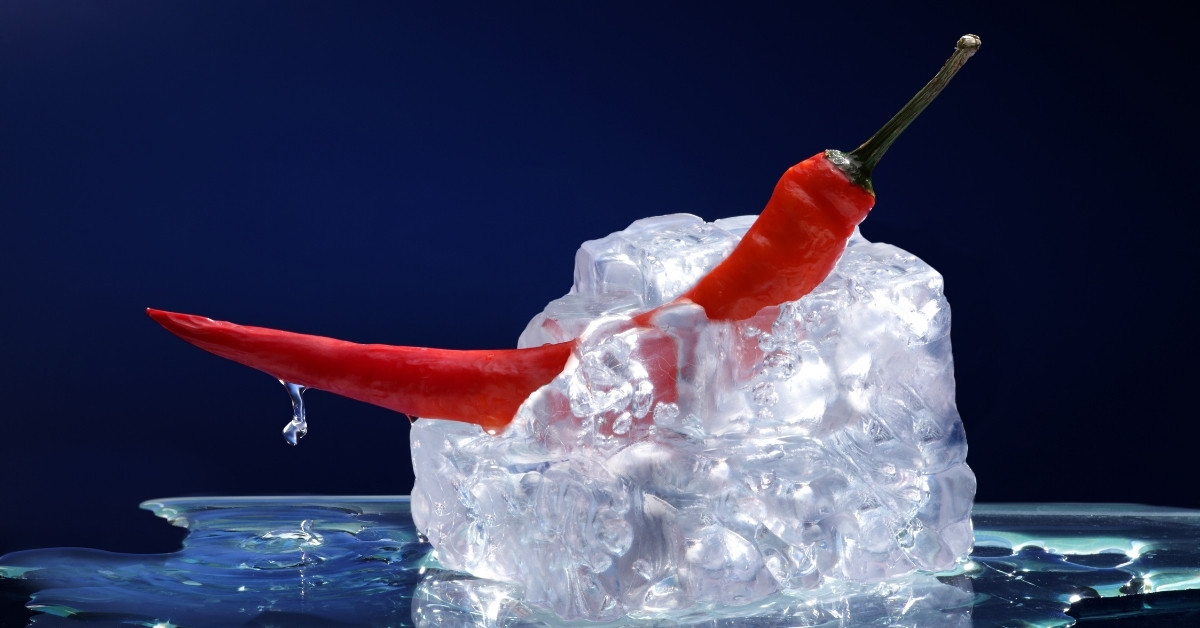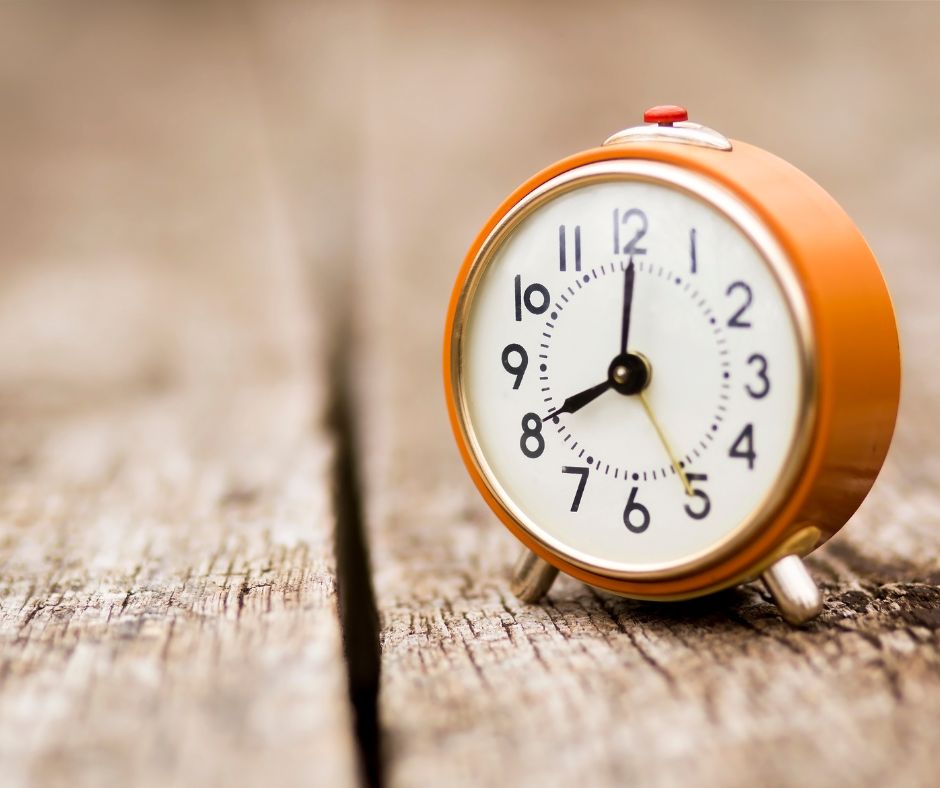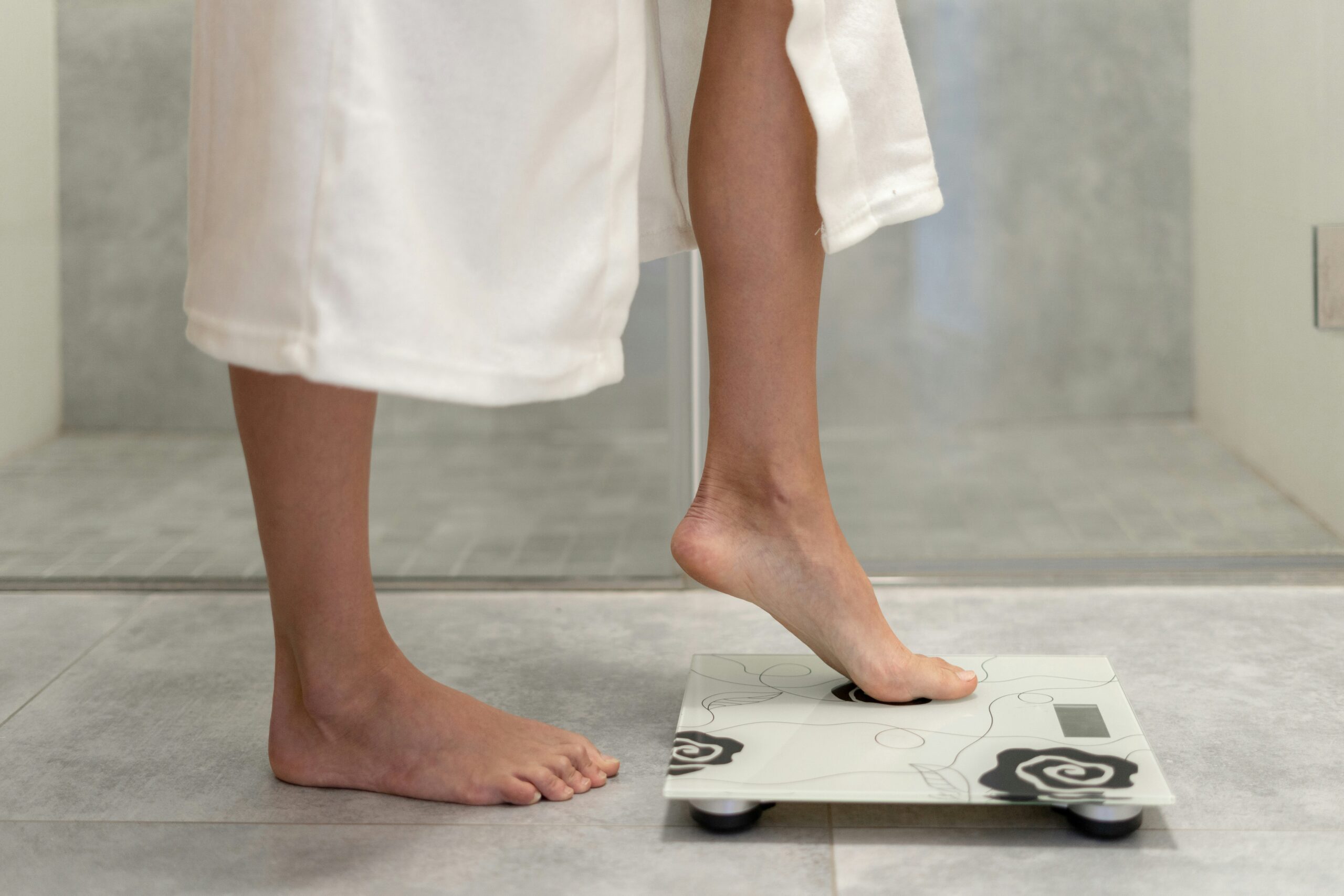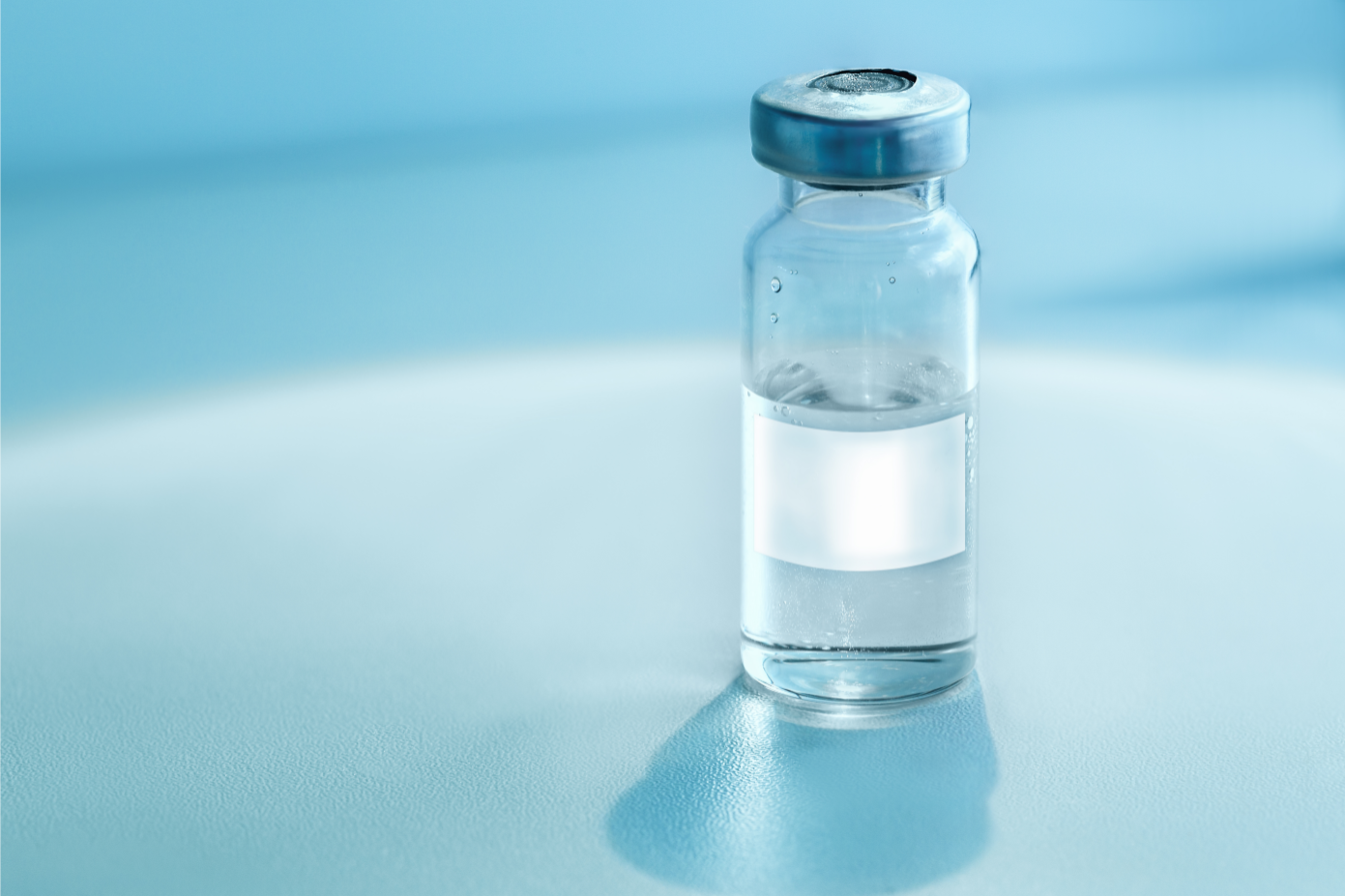Hot and cold flashes can be an annoying thing to deal with. You constantly battle between being too hot and too cold, making practically every moment uncomfortable. But what causes hot and cold flashes? There are several causes of hot and cold flashes. Understanding what is potentially causing your hot and cold flashes can help you better treat this condition. This article will look at some of the causes of hot and cold flashes to help you determine the most likely cause for you.
Hot and Cold Flashes and Anxiety
Anxiety has a way of really wreaking havoc on your system. There are many physical symptoms that you may experience, but you may not realize what anxiety can cause. Among these symptoms include hot and cold flashes. When you have panic attacks, you can experience chills and hot flashes, which resemble the signs you experience when you have a fever. However, you won’t just notice these symptoms when you are having an attack; generalized anxiety disorder can also cause these symptoms.
Anxiety can create changes in the sympathetic nervous system that you would typically notice with fluctuations in your hormones. When this system gets excited, your body will heat up and cool down. These symptoms can occur at night due to your overactive mind or during a panic or anxiety attack.
The flashes that you notice here change your body temperature. When you have periods of intense anxiety, your body starts to heat up due to vasoconstriction. This is where your blood vessels tense up, delivering more blood to areas of your body that are involved with your fight or flight reflex. This vasoconstriction causes the body to heat up, which causes a hot flash. This body heat comes from nowhere, which is why it’s referred to as a flash.
After the body heats up, your body will start to release more sweat to cool the body off. Once the sweat hits the air, your body starts to cool down quickly. This is the cold flash that your body will experience.
Hot and Cold Flashes and Menopause
Hot and cold flashes can also be a common experience during menopause. Most commonly, people talk about hot flashes that they experience during menopause. These are sudden periods where you notice an intense heat that rises in your face and chest. However, you can also commonly experience cold flashes during menopause as well.
Dysfunction can occur within the hypothalamus as your hormones fluctuate during menopause and perimenopause. This part of the brain is responsible for regulating body temperature. This dysfunction can sometimes cause your body to overheat (hot flash) or become too chill (cold flash). In some cases, the chills and shivering may occur as your hot flashes fade, which causes you to feel hot and cold.
Cold flashes during menopause can be a sign of either menopause or perimenopause, especially if you also experience these symptoms:
- Mood swings and irritability
- Fatigue
- Changes to your menstrual cycle, including less frequent menstruation
- Thin hair
- Vaginal dryness
- Weight gain
If you think your hot and cold flashes result from your menopause and perimenopause, talk to a specialist. They may have solutions that can make you more comfortable and help you better manage your symptoms. Both hormonal and non-hormonal options are available to you during this time.
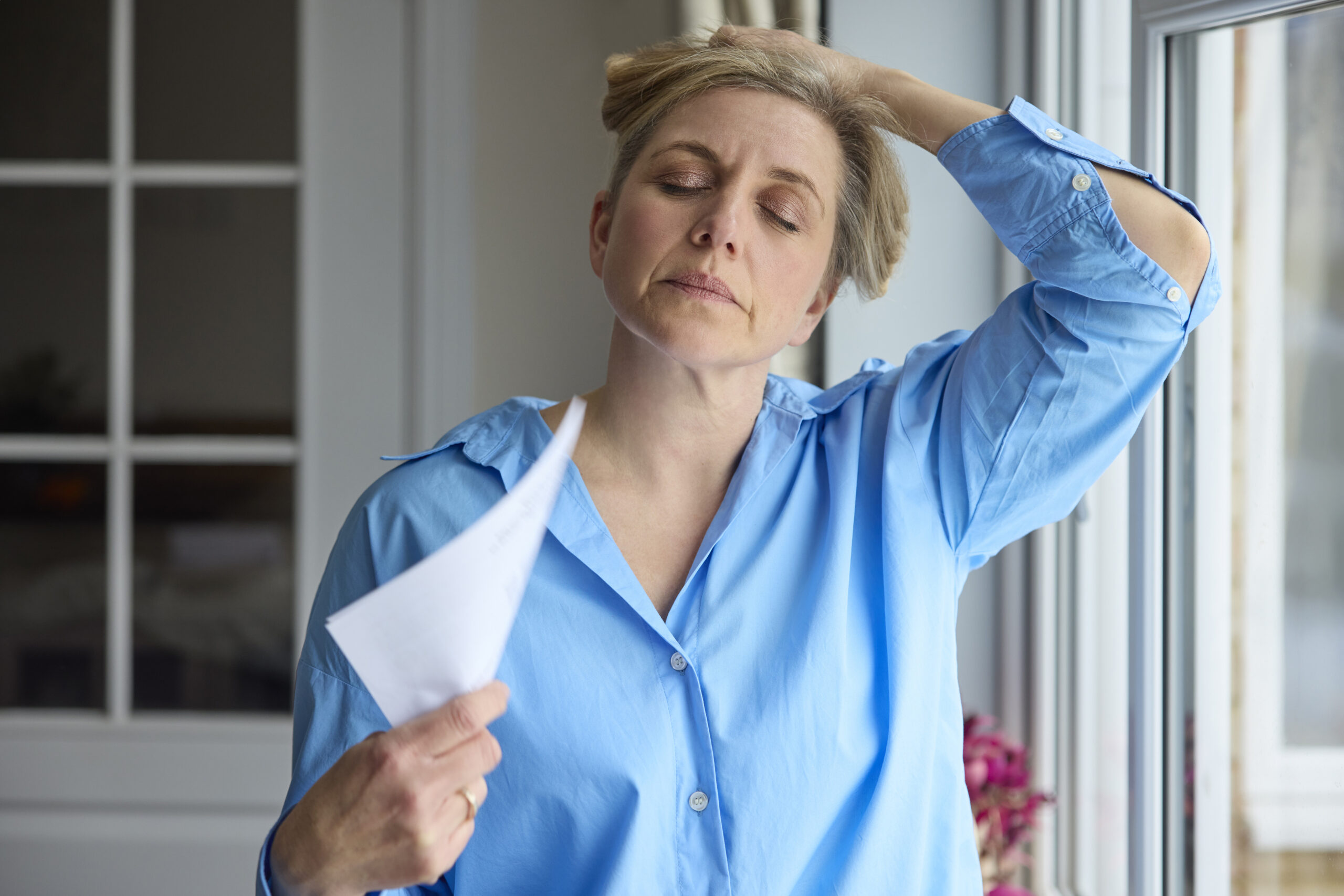
Why Hot and Cold Flashes Happen at Night
Regarding your circadian rhythm, your temperature is essential to this daily cycle. Your body temperature undergoes a specific process every day, which correlates with the sleep-wake patterns that you experience. The core body temperature reduces naturally as you get closer to your bedtime, which continues throughout your sleep. As the night goes on, your body engages in thermoregulation, which activates various physical properties that keep your body within a specific and narrow range. When you are too cold, your body shivers to warm yourself up. If you are too hot, your body releases sweat to cool down.
There are different causes for hot and cold flashes at night. This section will take a closer look at these other causes.
Cold Flashes Causes
You can experience cold flashes and shivering at night just because you’re too cold. There are other potential causes, including:
- Drug withdrawal
- Menopause
- Infections/fever
- General anesthesia
Hot Flashes Causes
Hot flashes can be caused by being too hot as you sleep. However, other causes of hot flashes and night sweats include:
- Infections/fever
- Menopause
- Certain medications
- Obstructive sleep apnea
- Anxiety
- Alcohol
- Acid reflux
- Hyperthyroidism
- Cancer
- Obesity
- Low blood sugar
Stopping/Reducing Hot and Cold Flashes at Night
If your hot or cold flashes negatively impact your sleep, you will want to find solutions to help you overcome this problem. You may want to visit a doctor so that they can determine the underlying cause of your problem. Depending on the underlying cause of your hot and cold flashes, you will find success with different treatment options.
Some treatment options that you can consider include:
- Adjust the Temperature in Your Bedroom
There is evidence that the ideal temperature for sleeping in the bedroom is 65 degrees. However, everyone may find the perfect temperature that works for them. You can use trial and error to determine what works best for you. Your mattress may also be the culprit, causing you to sleep hotter or colder than you find comfortable.
- Watch for Fever
Taking a fever reducer and drinking fluids can help if you have a fever. You can also consider visiting a doctor to see if you have an infection that needs to be treated.
- Fan/Heat Pack
A fan or heat pack can offer additional coolness or heat for a more comfortable sleep.
- Sleep in Layers
When you sleep with layers, you can add or reduce the layers until you are comfortable.
Conclusion
Hot and cold flashes can have a significant impact on your health. If you are concerned about the symptoms that you are experiencing, you should talk to a doctor as soon as possible. They will listen to your history to help you determine the underlying cause of your hot and cold flashes. From there, they can help you develop a treatment plan and various solutions to ease these symptoms. This allows you to get back to better enjoying your life.
Are you experiencing symptoms of menopause, including hot/cold flashes? Schedule a free consultation with our expert care team today to find relief!
Resources
https://www.mayo.edu/research/clinical-trials/diseases-conditions/hot-flashes

